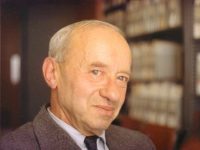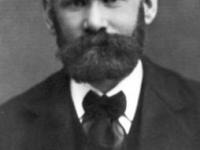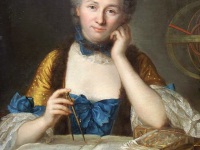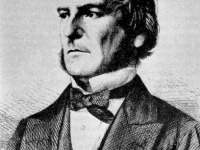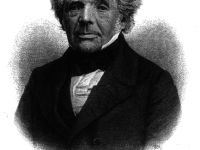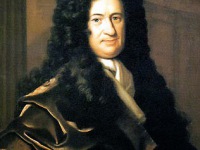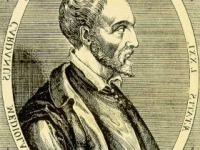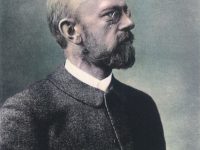Alfred Tarski and the Undefinability of Truth
On January 14, 1902, Polish-American mathematician and logician Alfred Tarski was born. A prolific author he is best known for his work on model theory, metamathematics, and algebraic logic, he also contributed to abstract algebra, topology, geometry, measure theory, mathematical logic, set theory, and analytic philosophy. For my Semantic Web Technologies lecture series I always introduce my students to model-theoretic semantics as means to enable a formal representation of meaning for languages. I…
Read more

